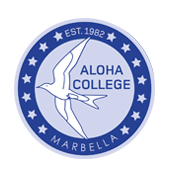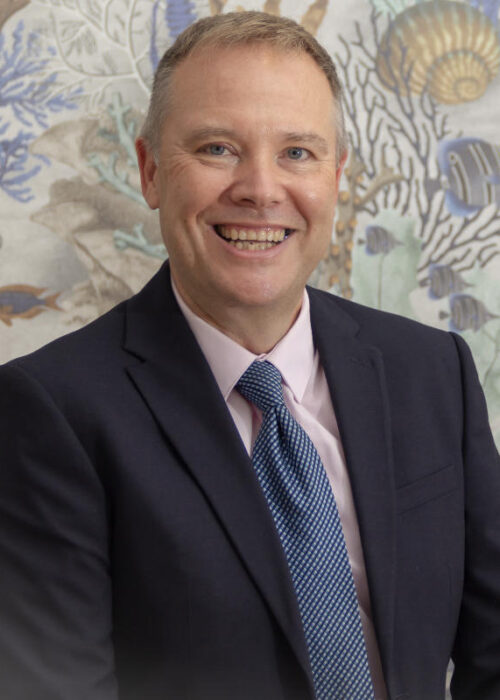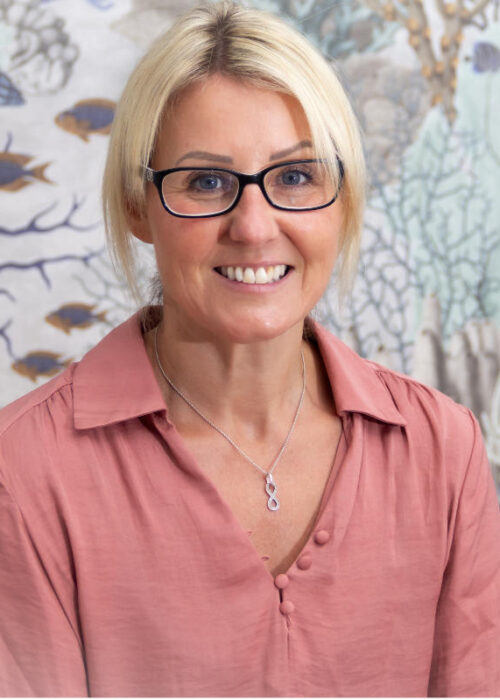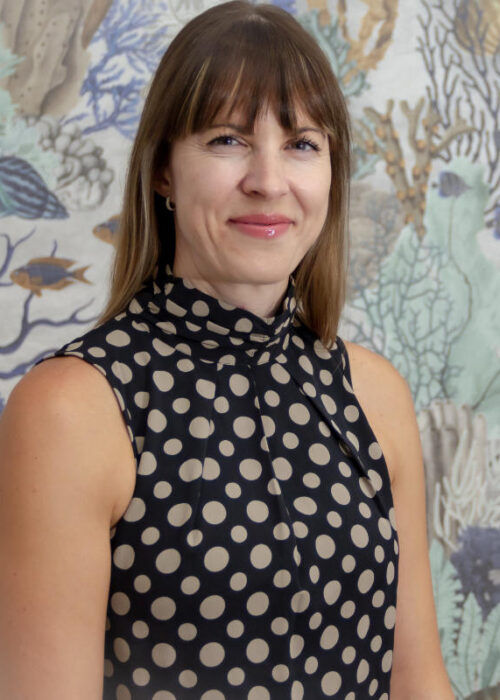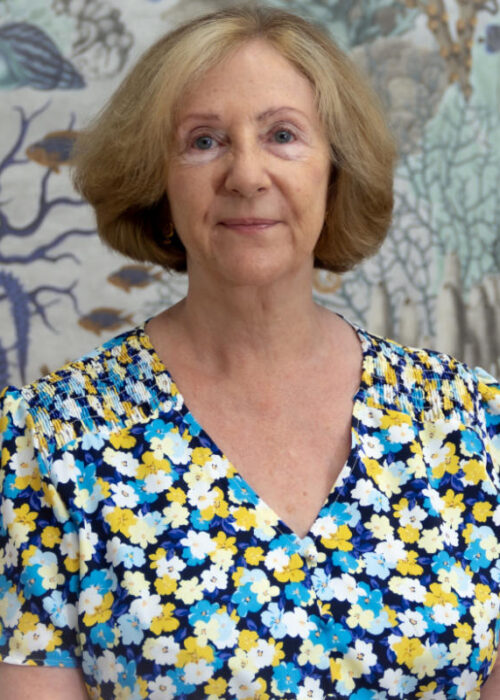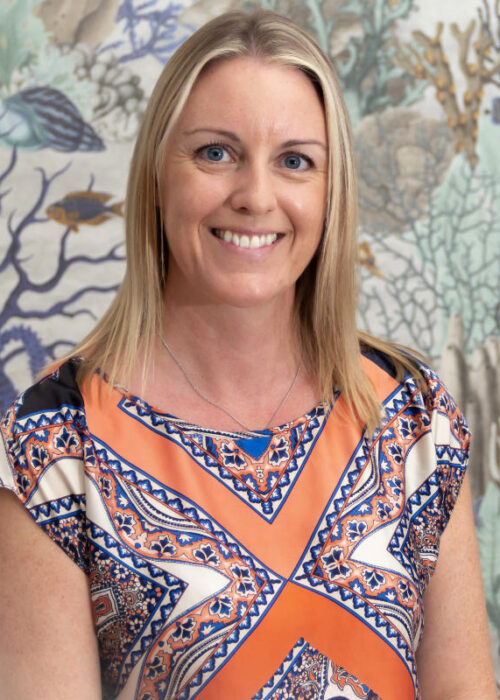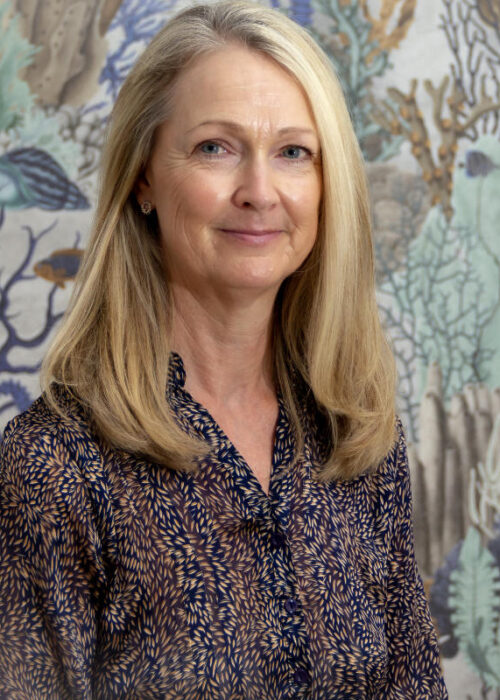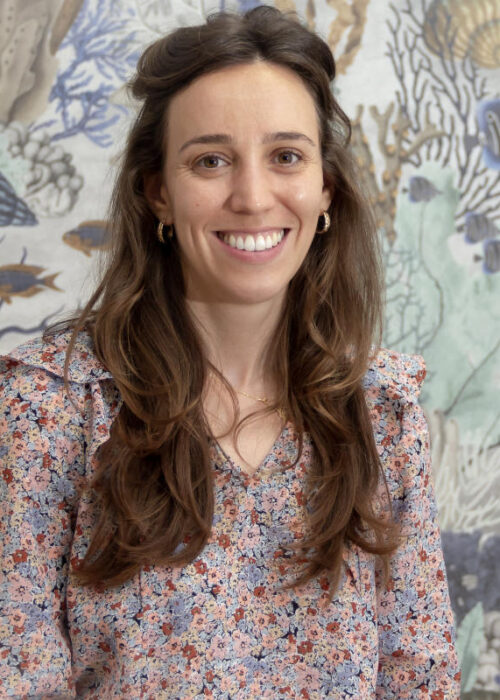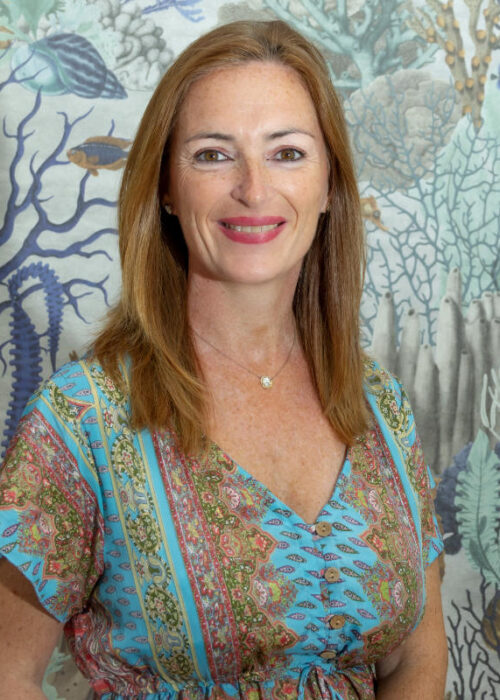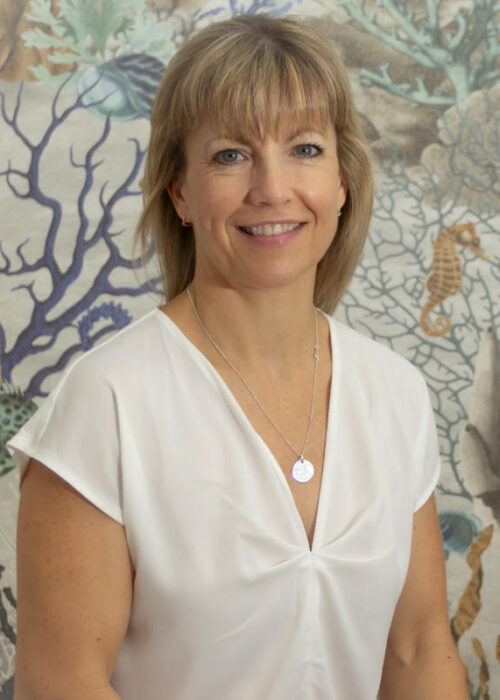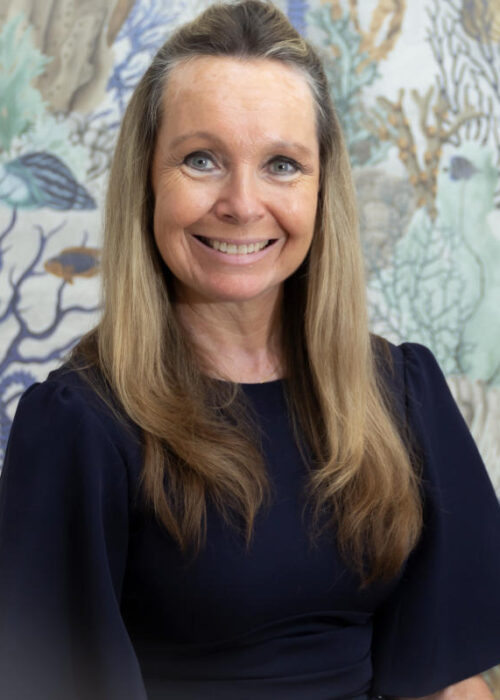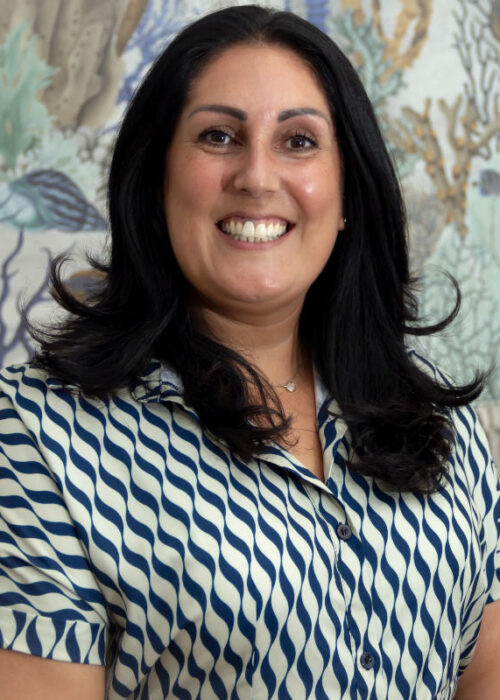The commitment and effort of the 38 Aloha Students who sat their LAMDA examinations has once again been well rewarded, as evidenced by the outstanding grades they have just received for the November examination session. In order to achieve these results many students gave up their lunch times and stayed after school to prepare their examination pieces.Aloha College has been chosen as the LAMDA examination centre for Andalucia due to its importance in the area, appropriate to hosting these increasingly popular examinations. Their popularity is partly due to the number of UCAS points that are awarded to students who sit Grades 6, 7 and 8: it allows students applying for university entry to get one step closer to reaching their goal. Rebecca Hignett and Natalie Machay, two Year 13 students, have just completed their Grade 8 examination and have accumulated 90 UCAS points by systematically working their way through the full range of examination levels. This is the equivalent amount of points that are awarded for an A level at grade C. Lydia Wade, a Year 11 student, has just completed Grade 7 and has 75 UCAS points and Abigail Fisher, another Year 11 student who took grade 7, has 70 points. Camilla Sahlberg and Ivana Dahl, two Year 12 students, have also gained themselves 45 points by achieving 82% for their Grade 6 examination. Additionally, we had some excellent grades from students taking grades 2 – 5. Petra Terzieva gained 82% at Grade 5, Emilia Hane 84%, Grade 5, Rachel Airriess 81% , Grade 5, Catalina Curbishley 81% for Grade 4 and Anna Liisa Jalakas 81% Grade 3.I would like to personally congratulate all 38 students involved; the results they achieved were a just reward for all their hard work and talentJulie Curran – Teacher of Drama/LAMDA at Aloha College

